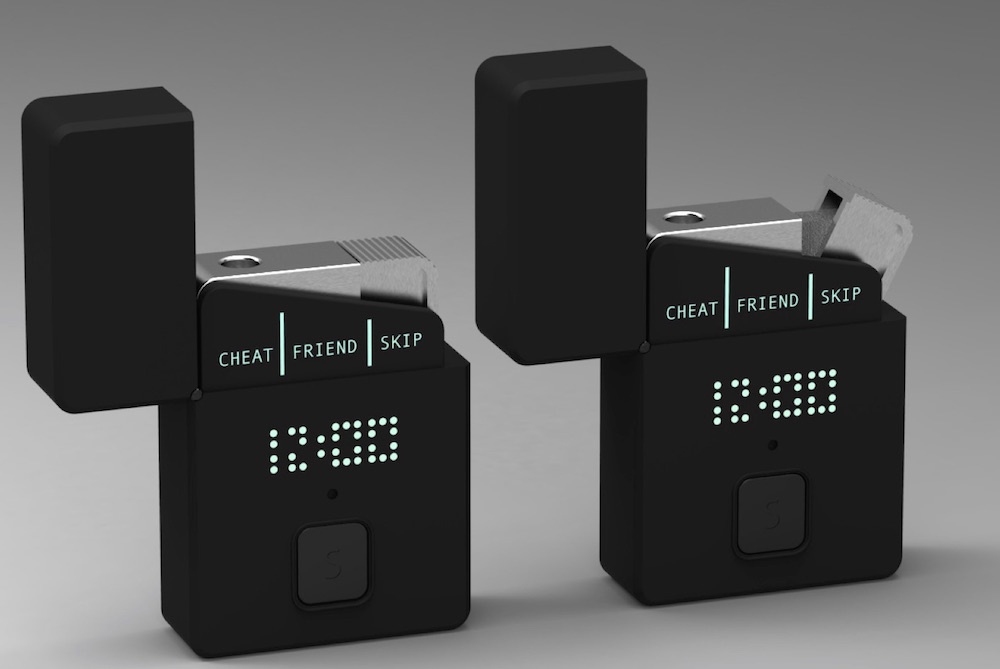5 medical solutions startups from MENA

Research suggests that the global medical device market will grow by 14 percent between 2016 and 2020. However, VC investment in medical technology, certainly in the US, is down.
As we’ve previously reported on Wamda the world of medical hardware innovation is a tough one, especially in the Middle East. But here are five coming out of the region that are not giving up any time soon.
Country: Lebanon/US
Founder: Ziad Sankari, Cardio Diagnostics
Funding: VC Berytech Fund I in 2012, now in the process of closing a round
How it works: A cloud-based wearable heart monitor that checks the electrical activity of the heart, detects abnormalities and alerts a relevant hospital or physician who then evaluates and responds in case of an emergency. As well as closing a round now with Lebanese VCs, they have recently received FDA approval in Saudi and will be expanding in US and Middle East markets.

Country: Jordan
Founder: Tareq Makhalfeh and Nada Khatib, Memeds
Funding: SRTD-II funding from the EU Commission collaboration with the Higher Council of Science and Technology in Jordan
How it works: The Mini Intelligent and Nearby Dispenser (MIND) is an automated pill dispenser.
Since mid 2015, MIND has been incubated at Jordan’s Ipark, working on their prototype. They have a patent in Jordan and are currently working on obtaining a US patent. Earlier this year they were semi-finalists at the MIT Enterprise Forum Arab Startup Competition. Once they finish their prototype this year, they will look to raise funds.

Country: Jordan
Founder: Ziad Abu Ayyash, Sannula
Funding: Jordan’s Applied Scientific Research Fund (ASRF)
How it works: The device enhances the already available two-way cannula (a thin tube inserted into a vein) to be a four-way valve instead. It reduces the spilling out of blood as the needle is removed from the vein. Unlike the current cannula which automatically pulls back the needle, this iteration of the needle is pulled back manually within a cocoon, preventing the loss of the vein and/or further exposure to cutting oneself. After receiving financing from Jordan’s ASRF for his patents, Abu Ayyash took Sannula to Europe for prototyping. In France, he spent two months incubated at CEEI Provence in 2015. He told Wamda he had applied to the Jordan Enterprise and Development Corporation (JEDCO) but was unsuccessful. He is currently looking to Turkey for funding.

Country: Lebanon
Founder: Cyrille Najjar and Dr. Eve Tamraz, White Lab
Funding: yes
How it works: Sensio Air is a device used to help a user’s surrounding air quality. It detects allergens, moulds, dust mites, pollens and differentiates between them. In addition to being at the UK Lebanon Tech Hub, they have now joined the global accelerator Mass Challenge, in the UK, where they will be incubated for a few months.

Country: Lebanon
Founder: Samer el Gharib
Funding: seed funding from Berytech
How it works: A smart lighter designed to help smokers quit or reduce smoking, it monitors a smoker’s use while “learning” the user’s habit. By recording the user’s behaviour, it lets the smoker know when it's appropriate to smoke, based on their previous habits and their intention to cut down or quit. If the smoker is trying to light up outside of those suggested smoking times, the lighter won't work unless they hit the 'cheat' button on the lighter. If the user doesn't cheat for five consecutive days the algorithm will remove one cigarette from the program and so on.
Currently with UK Lebanon Tech Hub they are working with University College of London and John Hopkins University to conduct behavioral testing with the device. They have a working prototype which they will copy to 200 lighters to enable them to do tests for the algorithm and the app. Their funding so far has allowed them to conduct R&D and prepare for manufacturing. They are looking to raise another $6 million in a Series A round for production and marketing.



